Reality as a simulation popularized in The Matrix, and given new life with Elon Musk interviews.
Introduction
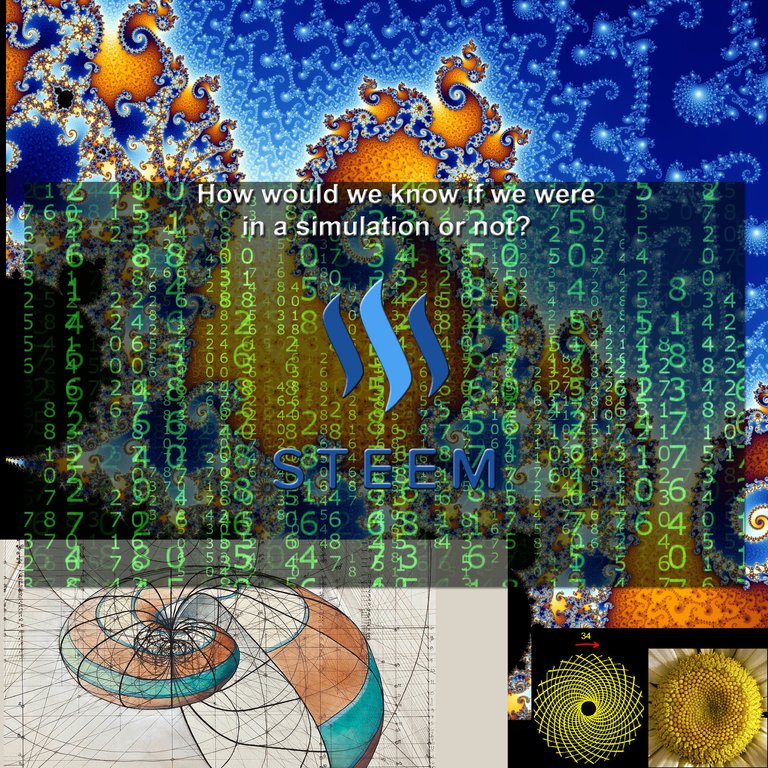
A number of us here on steemit have been clamoring and excited over the mainstream interviews with Elon Musk on the possibility that reality is simply a simulation. This was the cornerstone of the movie The Matrix. Many people have likely thought this before, but Elon Musk is a well respected entrepreneur and scientist. That makes many people sit back and think.
Here are a few articles from people that touch upon this subject on steemit.com:
The little religion history forgot... Deism - I mention it at the end of this article. If it is a simulation then it fits with the concept of Deism perfectly.
Are we in a computer simulation? - @spalser
What is the Matrix? - @steemerr
Are you living in a computer simulation? Bostrom theory - @webokv
Simulation Theory - hosted by: Neil deGrasse Tyson - @overlord
Are we living in a Simulation? Elon Musk & Fermi Paradox - @minion
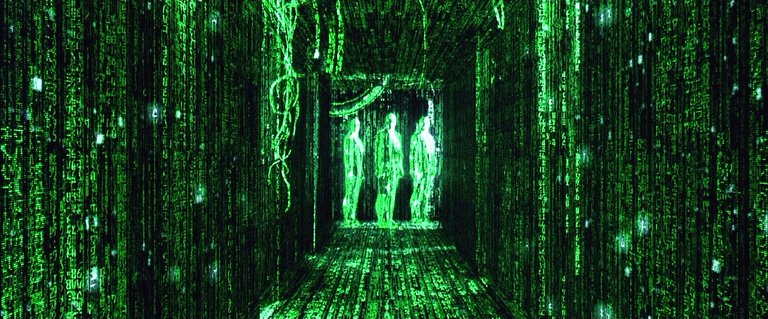
Source: matrix.wikia.com
So what is new about this blog entry?
I'm a gamer, and a game developer. I like to build simulations. So in this one I want to talk a little bit about our simulations which are increasing in complexity. We can extrapolate on reality based upon that. Using this I'll propose some things we might be able to do to detect that we are in a simulation. After all, that is the tricky part. How does the simulation know it is a simulation? This is all speculation and fun mind exercise on my part. Feel free to join in and tear apart my ideas or offer your own.
Simulations in Games
As the computational power of computers increases so does the complexity and more detail in our simulations. This also coincides with our mathematicians and programmers teaming up to come up with better and better ways to create simulated realities on the fly with only a few numbers. This is called Procedural Generation. I will delve into that in some detail further in this article as I believe it may hold some hints of ways we may be able to tell we are in a simulation.
Sim City
- by Maxis. - wikipediaEarly on Maxis came up with the idea of making a game where you basically controlled the construction and management of a city. It had budgets, cars driving around, and even little people. Most of the cars and people were faked by simple sprites (2d images) that would play when there was traffic. They did not track the emotions, or needs of the citizens of this simulated city. They faked it so you the game player would fill in the gaps with your imagination.
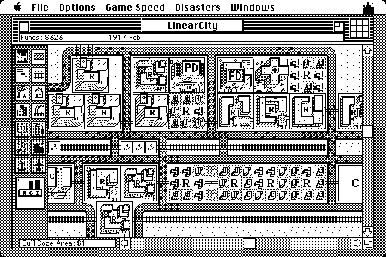
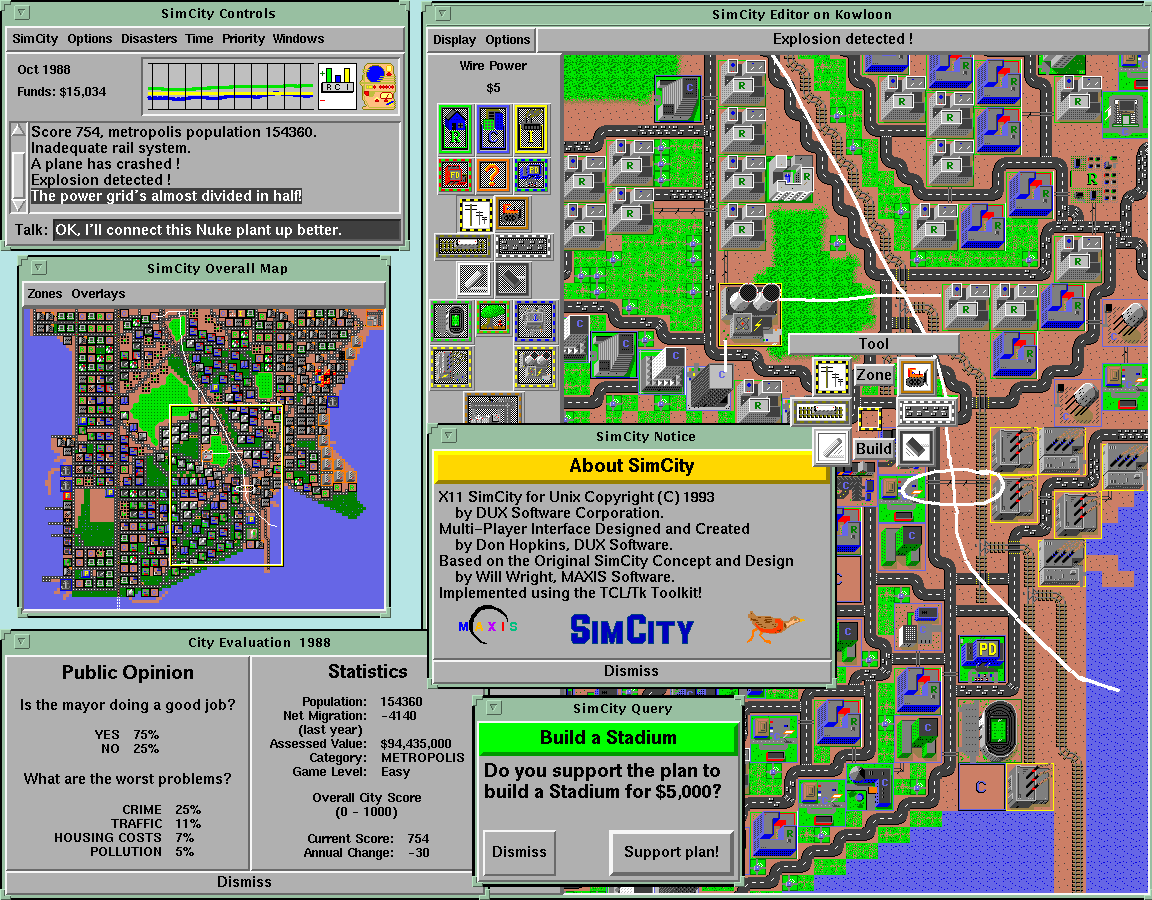
Each version that came out would take advantage of new computing power and add details.
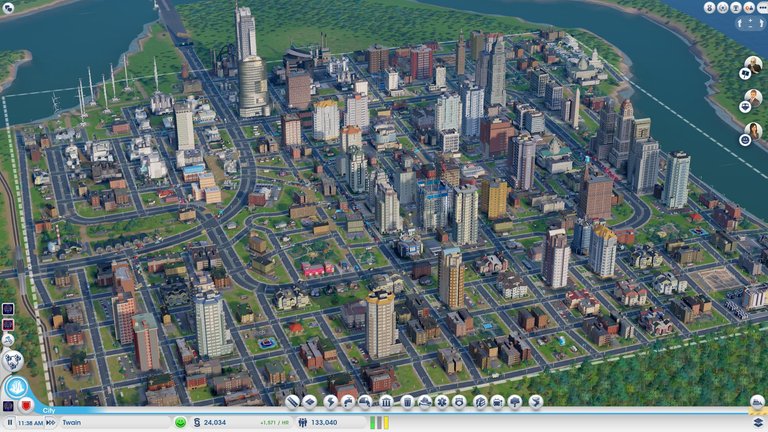
Cities Skylines
- Paradox interactive - Wikipedia
A new player to the simulation of cities game came from Paradox Interactive. They had partial simulators in an earlier series called Cities In Motion. The beauty of Cities Skylines is it keeps track of every citizen and vehicle in the game. They actually move and do things so traffic jams and other problems occur much more naturally. The simulation is gaining in complexity.

John Conway's Game of Life
This was first mentioned in an article in Scientific American magazine in 1970. It is what is known as cellular automata and it simulates a form of simple life by following extremely simple rules. It results in some truly fascinating behavior. We could do this with 1970 era computers. This too has expanded a great deal.
Article: Mathematical Games - Scientific American
The Sims
- by Maxis - Wikipedia
In the style of Sim City they decided to bring it down closer. What if you followed the lives of one household? What if the people in your house needed to eat, sleep, interact socially, have a job, pay bills, decorate their house, and do all the normal stuff people did?
Basically they said.... Let's make that. It has been incredibly popular and has gone through versions with each version being able to do more and more detailed simulations.

Source: ign.com
Minecraft
- by Mojang - Wikipedia
Minecraft's visuals can be unappealing to some as it went for a more simplistic look during a time when hyper realism and the more realistic a game could be, the more people wanted it. Yet Minecraft actually had some inspired technology in it. It was inspired by a game called Infiniminer in terms of the initial look and functionality of the blocks in the game.
Yet where it truly shines is that the world appears to be infinite. It is not really, but I'll touch upon that later as that could be a key to finding out if WE are in a simulation.
You run in a direction and using a lot of math functions (Perlin, Simplex, and other noise functions) it generates terrain, biomes, etc. If you run a direction the game creates the world as you need it created. Until you went there, it did not truly exist. It was proceduraly created from math as needed.
The technique it uses to render the world is known as voxels (Volumetric Pixels). Voxels can be far more complex than cubes, but for Minecraft cubes it is. It has brilliant game play. It is also one of the most successful games of all time.
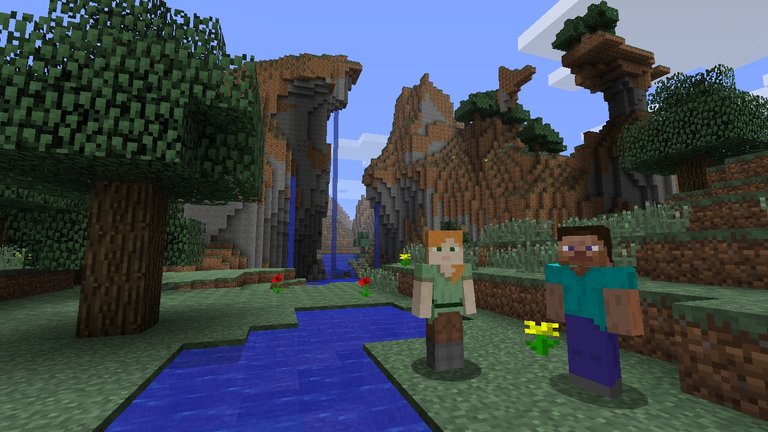
Source: Mojang.com
Games with Hyper Realism
With the birth of First Person Games (Thank You Id Software) games began trying to convey what the game world would look like from your eyes. As the computers and video card technology advanced this realism would get more and more life like. This again was largely thanks to brilliant math going on inside of CPUs and GPUs that could perform more and more mathematical operations in a shorter period of time.
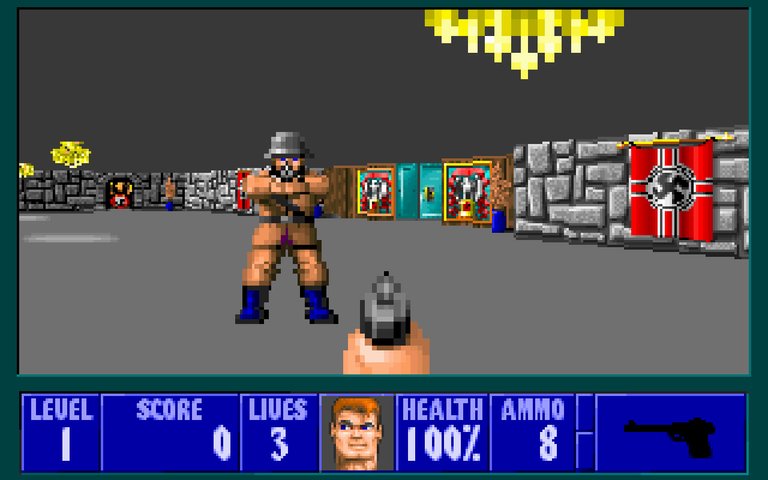
Source: 3drealms.com
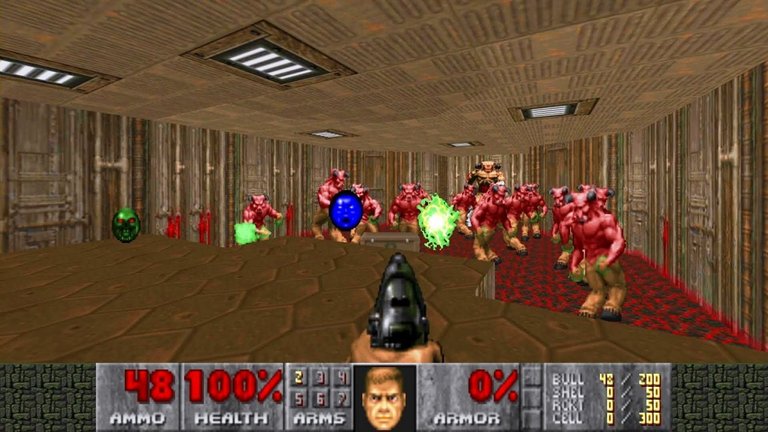
Source:gametransfers.com
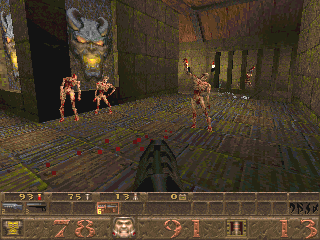
Source: philipbuuck.com
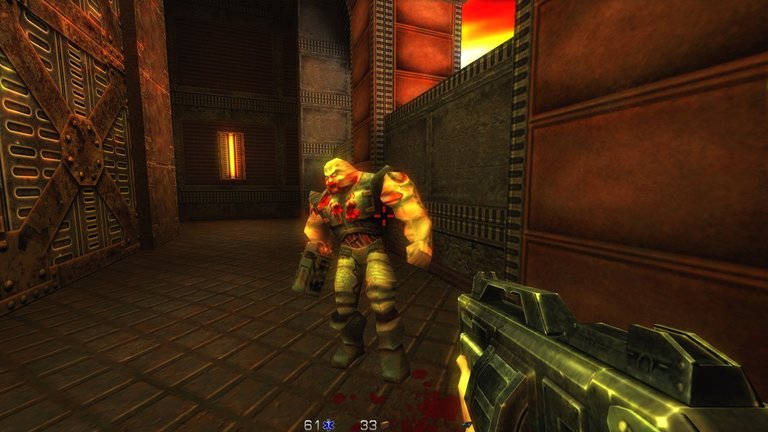
Source: www.kotaku.com.au

Source: www.desura.com

Source: www.youtube.com
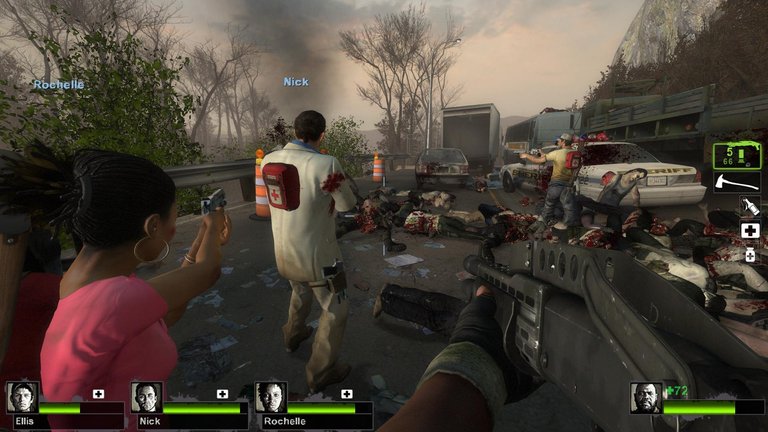
Source: www.gameshackstudios.com

Source: www.callofduty.com
You get the idea. There are so many of these that look super realistic these days. None of the ones above are the pinnacle of what we can achieve today. They do illustrate I believe the speed at which our simulations are achieving more and more detail and realism.
Other Games
There are other games that do interesting things worth noting. I cannot list all of them here. Things that were based around the idea of evolution, but not executed nearly with the detail people were hoping such as SPORE.

Source: spore.en.softonic.com
Or the recently released No Man's Sky which has a fully procedural universe with procedural plants, life forms, ships, planets, solar systems, etc. They all use voxels as Minecraft did yet they are beyond simple cubes.
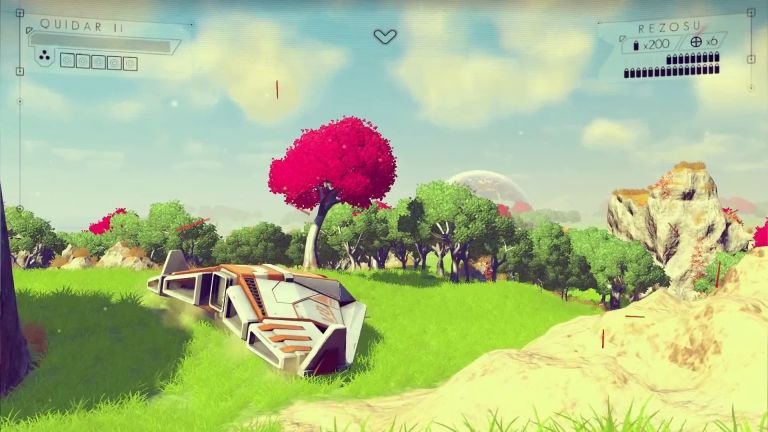
Source: www.digitalspy.com
The Magic of Math and What it hints at
For centuries mathematicians have marveled that many things discovered in mathematics are active within the world of nature around us. These are things like the Golden Ratio (sometimes called the Golden Mean), the Fibonacci sequence, and fractals.
A lot of our own simulations use these things. They also use noise functions such as the Perlin, and Simplex noise functions.
The Golden Ratio / Fibbonacci Sequence

Source: www.livescience.com
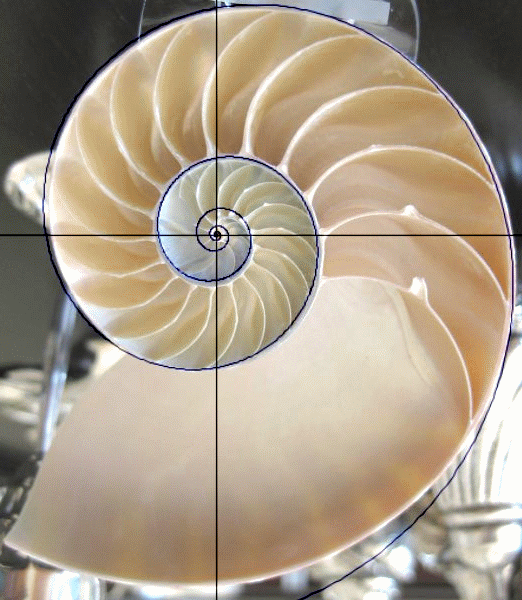
Source: www.goldennumber.net
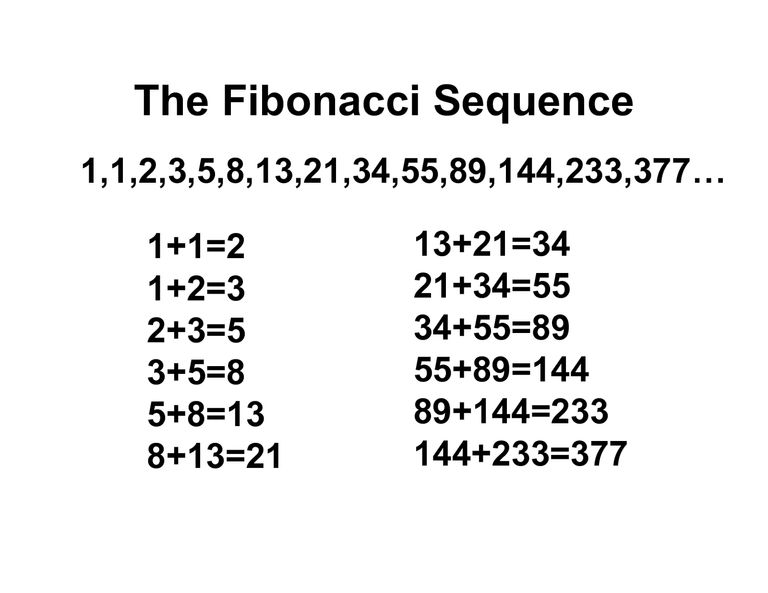
Source: katandcatquilts.blogspot.com
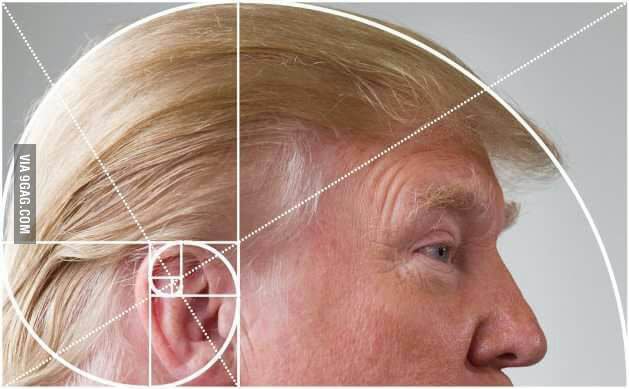
Source: www.emaze.com
Fractals

Source: wallpapersafari.com

Source: a2ua.com

Source: www.mnn.com
Source: Old mandelbrot zooming video I made... the zooming will be important in a minute
Noise Functions
Noise functions are mathematical functions that when you put variables into them they put out a value that can seem random, but it is not. These functions are how you make realistic looking terrain. With only a few numbers you can generate incredibly complex scenery. You literally could make a world simply by knowing a SEED VALUE, the x,y,z coordinates and the size of the world to generate.
These are really valuable. For you to see the exact same world as me you simply need to use the same SEED VALUE. So they appear random when you look at them, but they are not. If you plug in the same values then the exact same noise is generated.
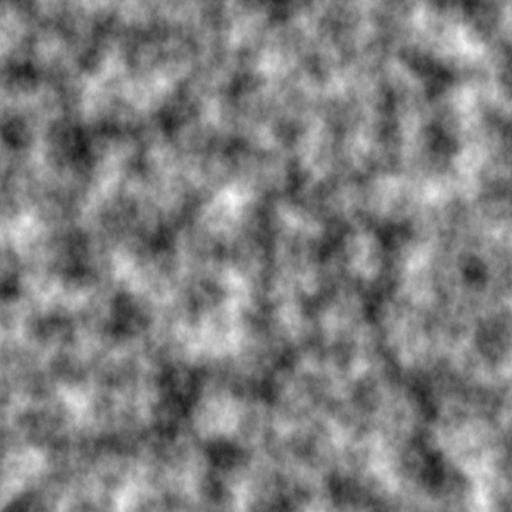
Source: stackoverflow.com
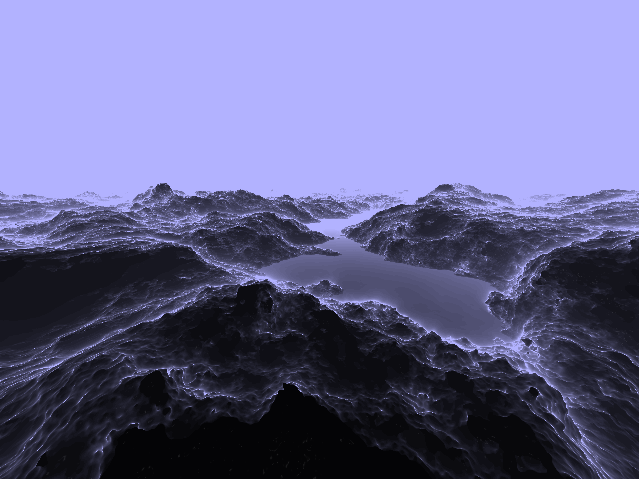
Source: stackoverflow.com
How might we find out if this is a simulation?
Obviously if we were in a simulation it would likely be very difficult to find out. Or would it? I once thought if it was a simulation we could never find out. Yet our own simulations show us possible flaws and things that if you know where to look they are there.
This all revolves around mathematics. Mathematics is at the core of all simulations just like it is the language we use to describe our science.
If we are in a simulation then we must be inside of some machine or device running this simulation. We should not assume this device is in binary (0s and 1s) but for purposes of this article that is how I am going to approach it.
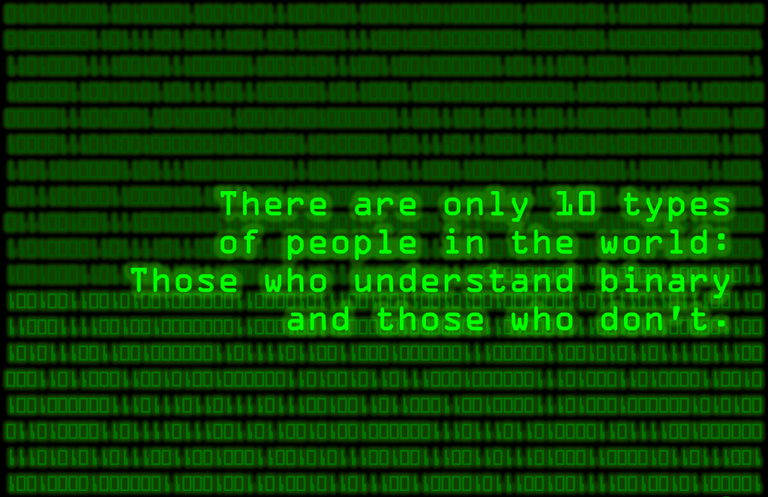
Source: thspitz.wordpress.com
Our computers use what is called a floating point number. To the average person that is the same as a decimal number, or a real number. They have positive and negative values and a decimal point SOMEWHERE.
That somewhere is where the term FLOATING comes from. A computer stores numbers in bytes or words. A byte is 8 bits (8 switches that can be 0 or 1). A word is usually 16 bits, but not always. So if a floating point number was built out of 16 bits how many numbers could you represent in that. Well you need one bit to tell whether it is positive or negative, and that leaves 15 bits, yet you must also indicate where the decimal point should be. So how big a number could be represented depended on the number of bits.
This is one of the reasons they made a big deal about 16 bit, 32 bit, and 64 bit CPUs in computers. That represented the amount of bits the computer could natively work with at a time in some form of instruction. This meant they could represent more and more detailed numbers.
Why is this important?
Those numbers do not represent infinity. They are limited by the detail they can go to by the limits of the floating point.
In a mandelbrot zoom program like the one I made above I did not stop at that zoom point because I wanted to. I stopped there because beyond that point the floating point needed was beyond the native support for the computer so, it starts to get blocky as it loses the ability to show detail.
In games like Minecraft if you were to run for a very long time in one direction you will reach places where the terrain would start getting blockier and blockier as it lost the precision of the math.
We can use this....
If we want to know whether we are in a simulation or not I believe it is likely the answers we seek would be in our pursuit of infinity. In fact we may already have seen some of this.

Source: www.bbc.co.uk
We basically have two ways to look Outward (Macroscopic), or Inward (Microscopic). The Macroscopic part of looking out into space proves more and more challenging. The microscopic we have had more and more luck with.
Looking inward could be viewed much like zooming in on a mandelbrot set. If we were in a simulation we should either reach a point where strange things start happening or some kind of loop to give the illusion of infinity.

Source: www.strangenotions.com
Perhaps we have already begun to see this.
Quantum Mechanics and a lot of the particles we have discovered at the quantum level certainly do behave much more oddly than anything we had encountered before them.
The fact that the quantum particles and their states seem to respond to the OBSERVER (aka Us) is kind of interesting. Much like when we observe something in one of our own simulations and our simulation jumps to the task of generating something.
So if we wish to know if we are in a simulation or not. I believe the direction to search would be to see how far towards inward or outward infinity you can go.

Source: www.pintrest.com
This was a long post, if you made it this far I hope you found it enjoyable and/or informative.
VR makes this whole simulated universe argument so much more interesting. It's easy to think of a future in which everyone creates lives in their own virtual world. What if we took Bostrom's simulation argument to the next level?
Yep. Take it even further. What if somewhere out there, somehow, we are responsible for the creation of us. :) This stuff is like the energizer battery bunny.... it keeps going and going.
Nailed it, you're both right imho (humble .. for a god)
The physical substrate upon which we run the simulation will play an important part. For complex high-fidelity simulations that are run on advanced quantum computing systems - we might get some level of fractal-parity going on. Namely, that the "depth" of N-number of simulations wouldn't matter.
There's something in quantum information theory called the Church–Turing–Deutsch principle (CTD).
If CTD is true, then we get a strange phenomenon. If a quantum information system (QIS) can be simulated by another QIS to 100% completeness, than the simulation is indiscernible from reality - at least from the 'inside.' The simulation and the 'base-reality' are subjectively complete to an observer in either system, and thus are indiscernible. It turns physics into a computer science.
Think of a fractal, you can keep zooming in or out, you never reach the top or the bottom, and the features stay pretty much the same no matter how "deep" you go. An advanced civilization would probably be capable of making such advanced simulations, probably with the aide of blackholes or other exotic objects in space.
In the meanwhile, Civilization 6 is coming out in a few weeks. :)
I loved your blog especially the magic of math. It is long but it gives the reader much to think about. I read a lot and physics is a major topic that I enjoy. I reread this and for some reason it made me think of deja vu.
Deja Vu maybe a bug in the simulation code?
The easy answer is that we are stuck. I f we don't have a feedback from the other dimensions, if we cannot sense the "height" because we live in a 2D word then we are stuck. The real question is can we increase/decrease our perception ?
Hehe... I may tackle this in another post. I wanted to talk about this and TIME.
It is probably good that you presented this in a framework of gaming rather than theology.
Asking if we could be the result of the creative act of a god would get a different reading not to mention different reactions.
Heh. If there is a creator (such as this is proposing) it is not really theistic. It is like Deism though. They don't believe in books, or people telling them revelations and prophecies... basically...
There was a creator, now use observation and reason. They don't attempt to define any creator. They laugh at anyone who tries to define a creator. Thus, why I said it strangely works pretty well with the idea of us being a simulation.
Creator does not necessarily mean superior being.
Yes, some people though would freak out on that. Yet Deism is a largely unknown non-theistic religion. Had some very famous people that followed it, yet it is practically buried.
I hypothesized in my article on it a couple of days ago that it might not be popular, because there are no preachers, books, churches, etc so they can't really use it to obtain power over other people. :)
That's one plausible reason I can see for it not being mentioned.
However, this whole simulation thing is just full of tons of different angles and thought experiments. It is a topic we can all let our imaginations run wild. The key is remembering they are speculations, and not fact. :)
Deism is alive and well!
It is found behind the scenes on both sides of the religion vs. science battle actively avoiding over commitment, a philosophical shock absorber.
Utterly fantastic. But everyone that explores this topic always seems to forget about one movie. "The Thirteenth Floor" which, thinking back kind of takes the same path you did. Basically the main character tries to drive across the county and gets to a point where the simulation begins to breakdown. Again fantastic post, glad I'm following you.
I do believe I saw that movie at one point. Been a long time. Maybe I'll have to watch it again, I don't remember if it was any good. :) I think traveling far distance might be hard to do. Yet I am wondering if that edge of infinity might be closer to us. Just keep looking smaller and smaller. Though that is what the Large Hadron Collider partially exists for I believe. :)
Interesting read. I didn't like 13th floor as well as Dark City, also a movie about simulated reality. Also, IMHO a simulated reality is more likely than the concept of solipsism.
I liked The 13th Floor, but I don't really remember Dark City. I know I've been told about it but can't say I remember watching it. Also I have to agree that simulated reality is more likely than solipsism. Solipsism just seems too conceded, "I'm the only real consciousness." BAH, I say!
Great post, congrats!
Keep on with the simulation :)
Somehow I knew you were going to say that. Are you by chance a turing machine? (chuckle)
No, I'm not.
Now let me restart the system :)
Right up my alley' I'm wondering if we will ever see quantum computers in this lifetime.and who would be the front runner in this technology,and I am starting to wonder if I am in a simulation'talking about being in a simulation. Ohh the wonder of reality.of which there are Many' perceptions, this concept can keep me occupied for hours. Sacred geometry' is another interesting topic, either way , this was a good read indeed!
Simulation inside a simulation. Now tie this concept into the popular topic of the Singularity. The concept of humans trying to transfer their consciousness into machines so they could be immortal. What if that is what we really are? Maybe those people the believe in reincarnation are onto something... consciousness moving onto the next character in it's simulation.
You literally could speculate and talk about this for a very long time. It is a very deep rabbit hole. Some corners of it might be a little spooky. I like spooky things. :)
Thanks for your reply.
My interest in quantum computers is the math implications. It kind of boggles my mind. I've been doing a dance with binary since I was around 12 years old (1982). Thinking in something other than 0 and 1 will change a lot of things. It could have some substantial ramifications on simulations and procedural generation.
I just wrote an article on this, you focus on the technological side of this concept where I report information obtained from reading numerous NDEs. Good stuff. https://steemit.com/philosophy/@kushfreeman/the-soul-trap-theory
Yeah this is an idea that has so many different angles. It is truly a fertile ground for thought experiment.
me follow you and upvote
if you can back upvote my blog ?
https://steemit.com/photography/@zein/the-beach-where-i-live-original-work
Excellent post! This is a topic I have been looking into recently and you have given me some new insights. On the topic of things to look for that suggest we may be in a simulation, one particularly interesting one for me is the effect of large amounts of gravity and very high speeds on time. This of course is the time dilation described by general relativity. Time slows down more and more as we get near to greater masses and as we move at greater speeds. From a computer simulation point of view this makes sense. The more mass and speed we add the more we would be challenging the computational ability of our simulated reality. It could be then that the effect of gravity and speed on time is simply a lag effect in our reality.
I think people like you and I might be posting about this for awhile. I actually had more thoughts on this after I posted, but I did my four posts for the day. I might post about some other things tomorrow.
Time. I have some thoughts about that to share. Just to cover the concepts of like IF the machine is turned off...
Then the discussing of if we are a simulation... how do we see outside the simulation. I want to do some thought experiments and crazy brainstorming on that. :)
We can endlessly speculate/hypothesize off of this single concept.
Yet as the Deists tend to say. There was a creator (whoever started the simulation), now observe the world around you and use reason.
It ultimately may not be important that we are a simulation. Yet it sure is fun to think and talk about. :)
Excellent article and exercise friend, very enjoyable indeed. I shall follow on for more or your explorations.
Personally I have been feeling drawn to the idea that we are sensory bio-computing modules, processing from the data pool of reality. A software or program that said creator has set on auto renew and perhaps like minecraft is subject to hacks and upgrades.
For example, should we upgrade our modules of perception beyond that of basic survival in our level of the game and socio-interpersonal functions. Could we perhaps attain a level of creator-consciousness that then has the ability to calculate enough equations in real-time (simply a measure of passing data expressed through space within the simulation) thus create new boundaries for that existence. Certainly I would hypothesis that this is not far from our current innerstanding of our experience.
Never the less, the race is to actualize this realization or "enlightenment" before the said timer expires. Given that it would seem the memory storage is rebooted and reinstalled with a new operating system each time the infinite life loop resets.
One hack I have played with during a little sub-mission in game was the shifting of seemingly primordial system requirements such as sleep. During a month long prolonged polyphasic sleep experiment, it did succulent and lucidly occur to me that whilst I was moving the margins for one level of game play, the lucidity allowed for a bleed through of another dimension of simulation that did indeed and doing have a much more flexible code of mathematics and certainly ditched the concept of the limiting time experience.
I am since reading your piece inspired to revisit those areas of conception/inception related levels of awareness, if it weren't for the matter in this simulation glitching out and my hair finally falling off the back of my head (around the crown chakra) then I may well have still been playing both games within this one pool of data quite happily.
Wholeness.
This post has been linked to from another place on Steem.
Learn more about linkback bot v0.3
Upvote if you want the bot to continue posting linkbacks for your posts. Flag if otherwise. Built by @ontofractal
Excellent post and I really enjoyed the in-depth analysis of all the games, here are my thoughts on the matter: https://steemit.com/simulation/@mindyourthoughts/are-we-living-in-a-simulation-matrix